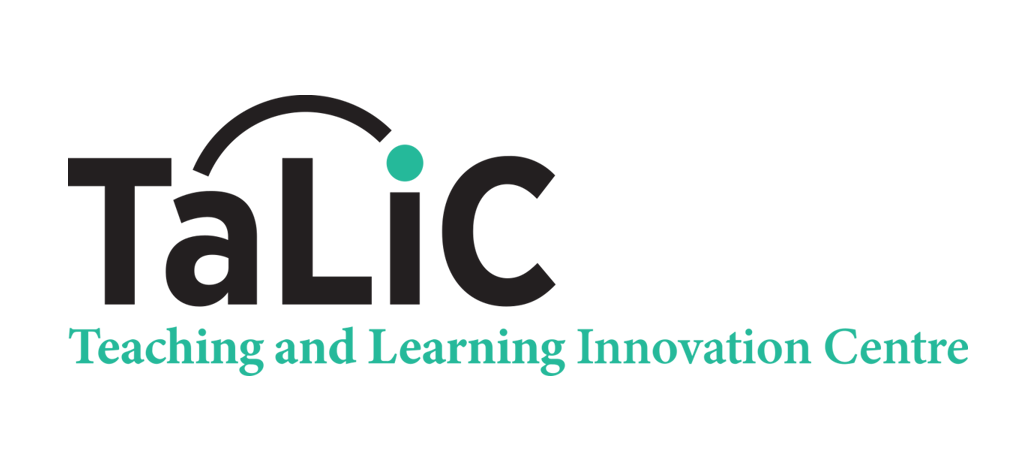Recent advancements in educational technology have shown that GenAI or large language models (LLMs) have the potential to automate the tedious process of generating and analyzing textual content. However, there are concerns about their practicality and ethical implications.
The following practices (Chan, 2023) are suggested for incorporating GenAI in your classroom:
1. Discuss among stakeholders together
Consider your specific learning outcomes and how GenAI might support them. Discuss potential ethical issues and resources required, Seek perspectives from different stakeholders. Also, ensure to review the university’s policy on the use of AI in teaching and learning.2. Decide in your course how GenAI can be used
Think about the specifics of your course content and learning outcomes. Decide which type of AI tools are most suitable and ensure that these tools are accessible to all students.3. Discuss with your students the strengths, weaknesses, opportunities and threats of GenAI
Foster an open dialogue about the use of GenAI in the classroom.4. Redesign your assessment approach to enhance student learning
Explore innovative assessment strategies that leverage GenAI’s capabilities while maintaining academic integrity. Consider strategies that encourage authentic work, critical thinking, and creative problem-solving.5. Communicate clearly with your students how GenAI will be used in your course
Be transparent about why and how you are using GenAI, what students can expect, and any changes in assessment methods. This can help manage expectations, ensure that students are prepared, and reduce anxiety.
Reference
- Chan, C. K. Y. (2023). Redesigning Assessment with Generative AI: A Guide for Teachers. Teaching and Learning Innovation Centre, The University of Hong Kong. Retrieved from https://intraweb.hku.hk/reserved_2/caut/TL/2023July1Redesigning_Assessment_with_GenAI_V1.1.pdf
- AI use cases in teaching at MIT. MIT Open Learning. (n.d.). https://openlearning.mit.edu/mit-faculty/residential-digital-innovations/ai-use-cases-teaching-mit
- Artificial Intelligence Teaching Guide. Stanford University Teaching Commons. (n.d.). https://teachingcommons.stanford.edu/teaching-guides/artificial-intelligence-teaching-guide
- Centre for Teaching and Learning, University of Oxford. (2023). (rep.). Beyond ChatGPT: The state of generative AI in academic practice for autumn 2023. Retrieved December 14, 2023, from https://www.ctl.ox.ac.uk/sites/default/files/ctl/documents/media/beyond_chatgpt_-_state_of_ai_for_autumn_2023_correct.pdf
- Chan, C.K.Y., & Hu, W. (2023) Students’ voices on generative AI: perceptions, benefits, and challenges in higher education. International Journal of Educational Technology in Higher Education. 20, 43. https://doi.org/10.1186/s41239-023-00411-8
- Chan, C.K.Y., Zhou, W. An expectancy value theory (EVT) based instrument for measuring student perceptions of generative AI. Smart Learn. Environ. 10, 64 (2023). https://doi.org/10.1186/s40561-023-00284-4
- Chan, C.K.Y., Lee, K.K.W. (2023).The AI generation gap: Are Gen Z students more interested in adopting generative AI such as ChatGPT in teaching and learning than their Gen X and millennial generation teachers?. Smart Learn. Environ. 10, 60 . https://doi.org/10.1186/s40561-023-00269-3
- Generative AI Hub. UCL Teaching & Learning Portal. (n.d.) https://www.ucl.ac.uk/teaching-learning/generative-ai-hub
- Miao, F., & Holmes, W. (2023). Guidance for generative AI in education and research. UNESCO.



